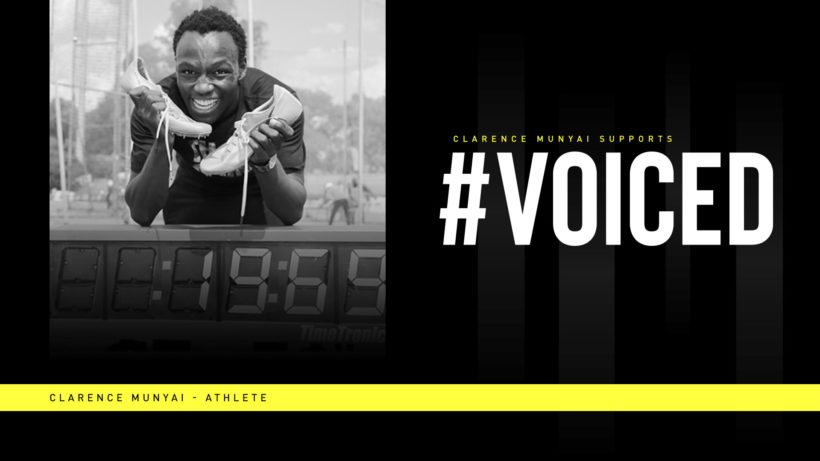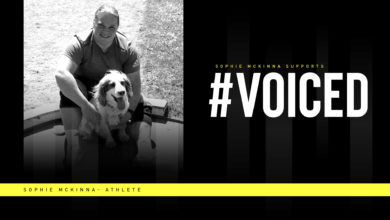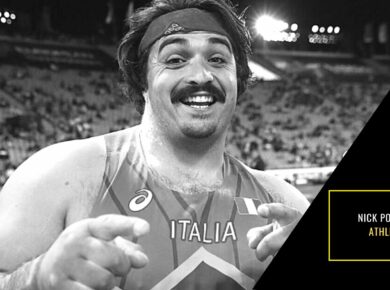Country: South Africa
Profession: Athlete
Career highlights:
- 200m South African National Record (19.69)
- 300m World Junior Record (31.61)
- 200m African Junior Record (20.10)
- 2016 Olympian
How much in US dollars do you estimate you spend to prepare for the Olympics?
Preparing for the Olympics is a lifelong journey and you need to invest in things and people that will better you as an athlete and create better performances, such as coaching fees, medical costs including doctors and physio, supplements and food. So, I would estimate the total to prepare for the Olympics is $7050 annually.
What kind of support should athletes receive when preparing for the Olympics?
Financial support is critical for athletes as it is very expensive to prepare for the Olympics. Things that are beneficial to an athlete and help with performance (as I mentioned in the question above) all require money. Without proper funding it is extremely difficult for an athlete to perform like they want to on the highest stage, the Olympic Games.
What was the best financial advice you received as a professional athlete?
That I won’t be an athlete forever! In other words, athletics is a great way to make an income and secure your future, but it’s not a long term career. You need to be smart about your finances while you are competing if you want to set yourself up for life after sport.
What is the biggest misconception about Track and Field athletes?
The biggest misconception about T&F athletes is that we have glamorous lives travelling around the world all the time… and that’s far from the truth! Yes, we do get to travel and I am very grateful for the opportunity to do so, but mostly as an athlete you get to see the airport, your hotel room and the track. That’s it. Because we are there to do a job (run fast) we hardly ever explore the cities we travel to. Our time is taken up training or resting our bodies so we recover for the next race or next training session.
What are the two things you wish you had known before you became a professional athlete?
I wish I knew early on that T&F is not an individual sport. Yes, I do compete alone but it’s a team effort of the coaching, medical team and good support structures around me that gets me to where I want to be and helps me achieve the goals I want to achieve. The second thing I wish I knew before I was a professional is that the professional sporting world is 10% physical strength and 90% mental strength!
What would you consider to be the difference between an amateur and professional athlete, besides performance?
The difference between a professional athlete and amateur athlete is that as a pro you now compete representing other people like your sponsors – you don’t just run for yourself anymore. Also, you have more profile as a professional athlete, and people look up to you, so you run to inspire the next generation to show that anything is possible.


